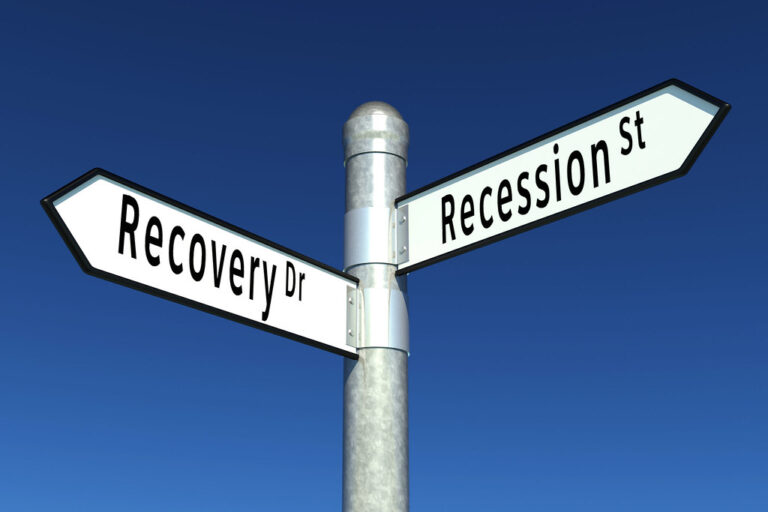Some financial mistakes don’t seem like a big deal in the moment. But over time, they add up and can seriously hurt your future. What seems like a smart choice today might turn into a major regret down the road.
The good news? Many of these mistakes are avoidable. By making smarter choices now, you can set yourself up for long-term financial success. Here are ten money moves you’ll probably regret in ten years—and how to avoid them.
1. Not Investing Early Enough

Many people put off investing because they think they don’t have enough money or that it’s too complicated. But the longer you wait, the more you miss out on compound interest—the force that turns small investments into huge gains over time.
Even if you can only invest a little each month, starting early makes a big difference. The key is to get in the habit of investing, whether through a 401(k), IRA, or brokerage account. Ten years from now, you’ll be grateful you started when you did.
2. Keeping Too Much Money in a Regular Savings Account

Saving money is great, but if you’re keeping too much in a regular savings account, you’re losing purchasing power. Inflation erodes the value of your cash, and traditional savings accounts offer low interest rates that don’t keep up.
Instead, put only what you need for emergencies in a savings account and invest the rest in higher-yield options. High-yield savings accounts, CDs, and investment funds can help your money grow instead of just sitting there.
3. Ignoring Your Credit Score

Your credit score affects everything from loan approvals to insurance rates. Many people don’t think about their credit until they need it—by then, it’s too late to fix major issues quickly.
Building good credit takes time. Paying bills on time, keeping credit card balances low, and avoiding unnecessary debt can help you maintain a strong score. In ten years, a solid credit history will open doors to better financial opportunities.
4. Taking on Too Much Car Debt

A brand-new car is tempting, but financing one with a long loan term and high payments can crush your budget. Cars lose value quickly, and you’ll likely still be paying off your loan long after the excitement of the new car has faded.
Instead of buying the most expensive car you qualify for, choose a reliable, fuel-efficient vehicle that fits your budget. A lower payment or even buying used can free up money for savings, investments, or other financial goals.
5. Not Negotiating Your Salary

Many people accept their first salary offer without negotiating. Over time, that decision can cost you thousands—maybe even hundreds of thousands—of dollars in lost earnings. Employers expect negotiations, and not asking means leaving money on the table.
Even a small pay increase compounds over the years, affecting raises, bonuses, and retirement contributions. Negotiating your salary now can make a massive difference in your financial future.
6. Overspending on Rent

It’s easy to justify spending more on rent for a nicer place, but stretching your budget too thin can slow down your financial progress. If rent eats up too much of your income, you’ll have less money for savings, travel, or investing.
A more affordable living space might not be as flashy, but it gives you financial flexibility. Spending wisely on housing now means you’ll have more opportunities later, whether that’s buying a home, starting a business, or simply enjoying financial freedom.
7. Putting Off Retirement Contributions

Retirement might feel far away, but every year you wait to save makes it harder to catch up later. Many people regret not starting their retirement savings earlier, especially when they see how much they could have earned with compound interest.
Even if you can only contribute a small amount, start now. Employer 401(k) matches, IRAs, and automatic contributions make saving easier. In ten years, you’ll thank yourself for building your retirement fund early.
8. Relying on Credit Cards for Everyday Expenses

Using credit cards for regular expenses might seem harmless, but if you’re carrying a balance, interest charges can quickly spiral out of control. What starts as convenience can turn into long-term debt that’s hard to escape.
Paying off your balance each month and only charging what you can afford is the best way to use credit cards. Avoiding unnecessary debt now will keep your finances strong in the future.
Read More: 10 Signs You’re Better With Money Than You Think
9. Spending Too Much on Subscription Services

Streaming services, gym memberships, meal kits—monthly subscriptions add up fast. Individually, they seem affordable, but when you stack multiple subscriptions together, you might be spending hundreds each month without realizing it.
Review your subscriptions regularly and cancel the ones you don’t use often. That money can be better spent on savings, investing, or experiences that bring more long-term value.
Read More: The 7 Most Overrated Budgeting Hacks That Don’t Actually Work
10. Not Having a Financial Plan

Many people go through life without a clear financial plan, making money decisions as they come. Without goals, it’s easy to drift into bad habits, spend more than you should, and miss out on wealth-building opportunities.
A financial plan doesn’t have to be complicated. Setting clear goals for saving, investing, and debt payoff can keep you on track. Ten years from now, having a solid plan will put you in a much stronger financial position.
Read More: The 10 Most Underrated Ways to Save Money That No One Talks About





